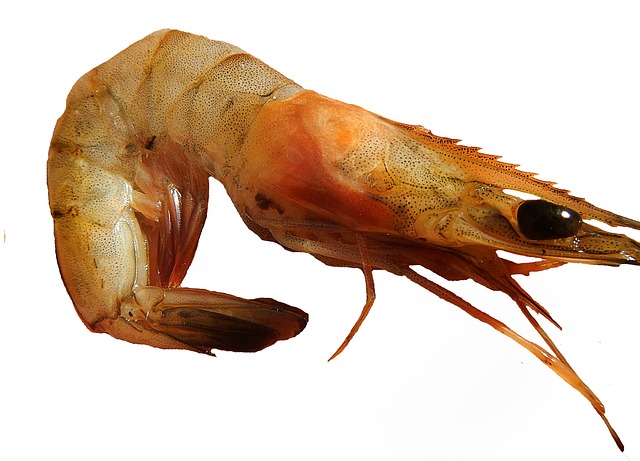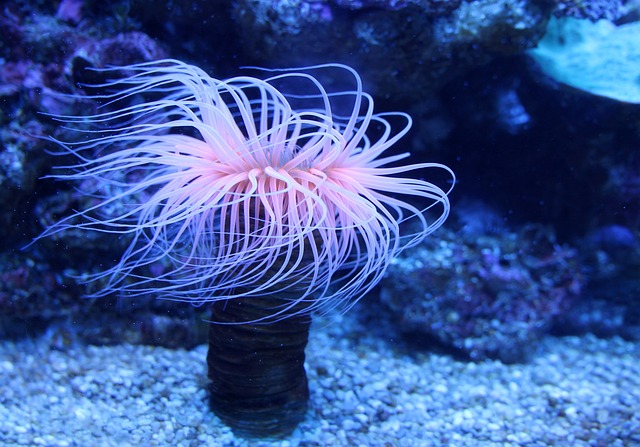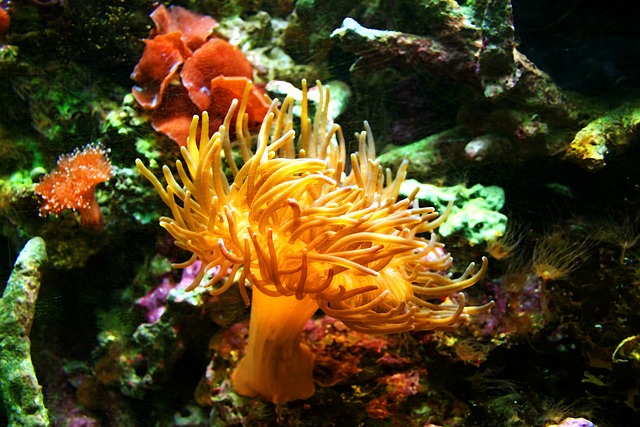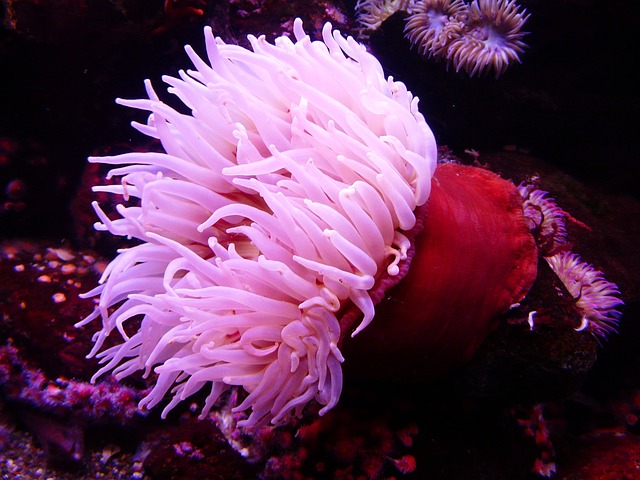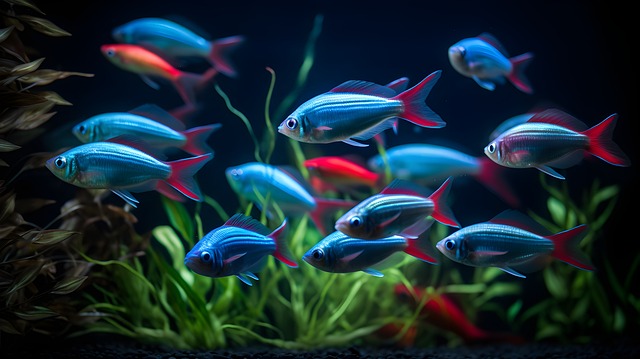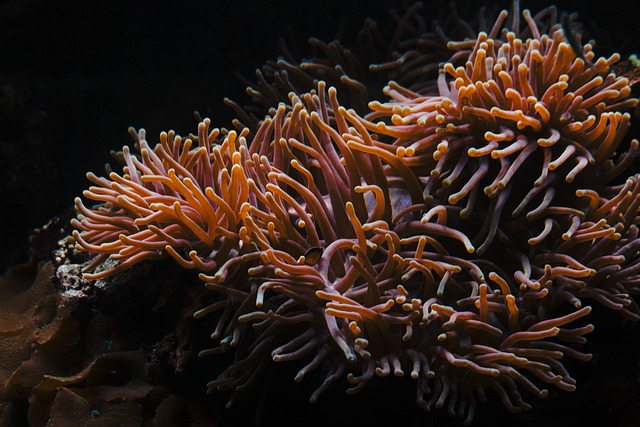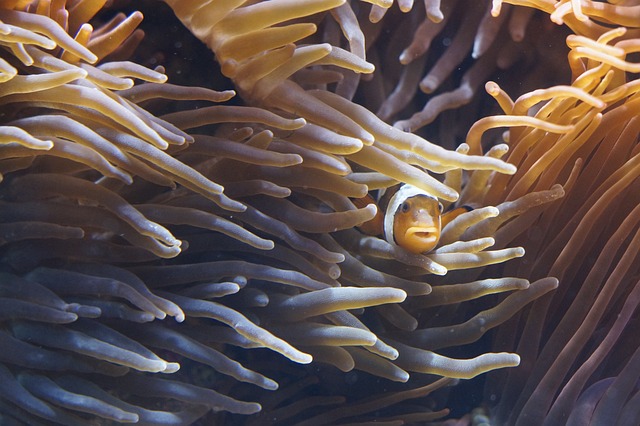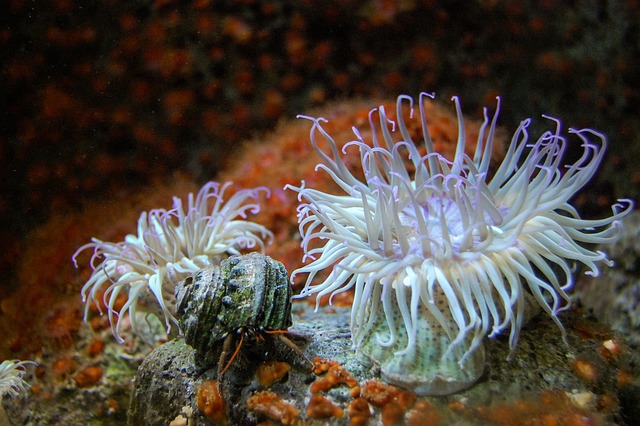Mosquito fish are a popular choice for controlling mosquito populations in ponds and other bodies of water. However, their diet is not limited to just mosquitoes. Many people wonder if mosquito fish eat shrimp, especially if they consider adding shrimp to their pond or aquarium.
The answer to whether mosquito fish eat shrimp is not a straightforward one.
While mosquito fish are known to eat a variety of small aquatic creatures, including insects, crustaceans, and even small fish, their diet can vary depending on the food availability and their preferences. Some mosquito fish may eat shrimp, while others may not be interested in them.
Mosquito Fish Diet
What Do Mosquito Fish Eat?
Mosquito fish (Gambusia affinis) are omnivores, meaning they eat plants and animals. Their diet comprises various small aquatic organisms, including insects, crustaceans, and algae. Mosquito fish are known for their appetite for mosquito larvae, so they are often used as a biological control method for mosquito populations.
In addition to mosquito larvae, mosquito fish eat other small insects, such as water fleas and midge larvae. They also consume crustaceans, such as small shrimp and crayfish.
Mosquito fish are known to eat a variety of plant material, including algae, duckweed, and other aquatic plants.
Do Mosquito Fish Eat Shrimp?
Yes, mosquito fish eat shrimp, but it is not a significant part of their diet. Shrimp is just one of many small crustaceans that mosquito fish will eat if they come across them.
Mosquito fish are opportunistic feeders and will eat whatever food they can.
It is important to note that mosquito fish do not threaten larger shrimp species, such as freshwater prawns or large shrimp commonly found in aquariums. These shrimp are too large for mosquito fish to consume.
While mosquito fish may eat shrimp, it is not a significant part of their diet and should not concern those looking to keep shrimp in their aquarium or pond.
Shrimp Diet
What Do Shrimp Eat?
Shrimp are omnivores, which means they eat both plants and animals. They are scavengers and feed on various food sources, including algae, plankton, detritus, and small aquatic animals such as insect larvae and small fish.
Shrimp are also known to eat dead animals and organic matter that has settled on the bottom of the water.
Do Shrimp Eat Mosquito Fish?
Shrimp are not known to eat mosquito fish. Mosquito fish are small fish often used as a natural method of controlling mosquito populations in ponds and other bodies of water.
Shrimp are more likely to feed on the mosquito larvae the fish are trying to control.
While shrimp and mosquito fish may coexist in the same body of water, they are not known to interact with each other regarding feeding habits.
Shrimp stay near the bottom of the water, feeding on detritus and other small organisms, while mosquito fish swim near the surface, feeding on insects and other small animals.
In conclusion, while shrimp are omnivores and eat a variety of food sources, they are not known to eat mosquito fish.
Habitat and Behavior
Where Do Mosquito Fish and Shrimp Live?
Mosquito fish (Gambusia affinis) are native to the southern United States and Mexico. They are commonly found in freshwater habitats such as ponds, streams, and rivers.
Mosquito fish are known to thrive in various environments, including brackish water, a mix of fresh and saltwater. They prefer slow-moving water with plenty of vegetation, which provides cover and food.
Shrimp, on the other hand, are found in both freshwater and saltwater habitats. They are commonly found in coastal areas and estuaries, as well as in freshwater streams and rivers.
Shrimp prefer habitats with plenty of vegetation and rocky substrates, which provide cover and food.
How Do Mosquito Fish and Shrimp Behave?
Mosquito fish are known for their aggressive behavior towards other fish species. They are opportunistic feeders and will consume a variety of prey, including insects, small fish, and crustaceans.
Mosquito fish are also known to eat their young, which helps to control their population.
Shrimp, on the other hand, are filter feeders that consume plankton and other small organisms. They are not aggressive and generally avoid confrontation with other species.
Shrimp are essential food sources for many fish species, including mosquito fish.
In summary, mosquito fish and shrimp have different habitat preferences and behaviors. Mosquito fish are aggressive, opportunistic feeders that prefer slow-moving freshwater habitats with plenty of vegetation.
Shrimp are filter feeders that prefer habitats with plenty of vegetation and rocky substrates.
Conclusion
In conclusion, whether mosquito fish eat shrimp has been thoroughly investigated. Based on the available evidence, it appears that mosquito fish do eat shrimp, but the extent to which they do so may vary depending on several factors.
One crucial factor is the size of the shrimp. Mosquito fish are known to prey on small crustaceans, including shrimp, but larger shrimp may be less vulnerable to predation. Additionally, the availability of other food sources may impact the likelihood of mosquito fish consuming shrimp.
It is worth noting that while mosquito fish are effective at controlling mosquito populations, they are not always an ideal solution for managing aquatic ecosystems. As with any species introduced to a new environment, there is a risk of unintended consequences, such as disruptions to the food chain or competition with native species.
Overall, it is essential to consider the potential impacts of introducing mosquito fish to a particular ecosystem and carefully weigh the benefits and risks before deciding.

